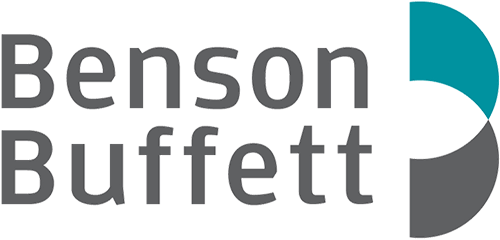

Reducing Costs and Barriers to Legal Services: The Alternate Witnessing of Documents Amendment Act
eCaseNote 2023 No. 05
In May 2020, the Temporary Alternate Witnessing of Documents Act was passed in NL to ease ongoing complications caused by the COVID-19 pandemic and the public health emergency order facing lawyers and their clients by temporarily allowing lawyers to witness and authenticate documents remotely via video. However, when the public health emergency order was lifted in March 2022, the Act was repealed, and remote authentication was no longer permitted.
On May 25, 2023, Bill 23, Alternate Witnessing of Documents Amendment Act, received Royal Assent making the ability to remotely witness the execution of documents using audio-visual technology a permanent adoption, pending the proclamation of the Bill by the Lieutenant-Governor in Council. Once it receives Royal Proclamation, this legislation will help reduce legal costs and other barriers to legal services anywhere in the province on a permanent basis.
These amendments specifically provide that only lawyers in good standing with the Law Society of NL can perform these tasks remotely using audio-visual technology, thus requiring non-lawyer commissioners and notaries to continue doing so in person.
Changes Made by the Act
Once proclaimed into law, this Bill will amend other NL statutes that were given the temporary changes by the Temporary Alternate Witnessing of Documents Act, including the Registration of Deeds Act, 2009 and the Wills Act. Specific amendments of note are described below.
Registration of Deeds Act, 2009
The lone section of the Registration of Deeds Act, 2009 that will be amended is Section 16, which will provide lawyers in good standing the ability to use audio-visual technology to remotely witness documents respecting real property interests executed in NL. Witnessing such documents executed outside the Province using audio-video technology remains prohibited. Any such document executed outside NL must continue to be done in person, in the presence of a person specifically listed in the Act.
Wills Act
Section 2 of the Wills Act will also be amended to include the following provision:
(1.2) For greater certainty, where only one of the witnesses to the signing of a will is a lawyer, the words “in the presence of” do not include attendance through the use of audio-visual technology in relation to the witness that is not a lawyer.
As can be seen from the added subsection, this legislation intends to only permit lawyers in good standing with the Law Society of NL to perform remote witnessing of testamentary documents using audio-visual technology. Law office staff, articling students or any other non-lawyers, including the second witness to the signing of a will, will still be unable to perform these duties remotely, and such witnessing must therefore still be performed in person.
Key Considerations
It is very important to note that the ability to remotely witness the execution of certain documents brought by this Act will only apply to lawyers in good standing with the Law Society of NL. This means that law office staff, articling students, or other non-lawyers including commissioners and notaries, still remain unable to perform these duties remotely and must still perform witness functions in person, including acting as the second witness to the signing of a will. As well, documents relating to realty interests executed outside of NL are not permitted to be witnessed using audio-visual technology.
Also, we anticipate that the Law Society will take the occasion of proclamation of the Bill and ancillary statutory amendments to create precise rules governing members’ conduct in this area.
Mitigation of Risks
When witnessing the execution of documents remotely, lawyers must take care to treat the client interaction as high-risk and monitor it accordingly to mitigate the risks of associated with fraud, identity theft, undue influence, duress, and potential lack of capacity, as these risks may be heightened under remote circumstances, as compared to an in-person meeting. As a result, there is a stronger possibility that a lawyer may refuse to witness the execution of documents remotely should there be any uncertainties with its authenticity.